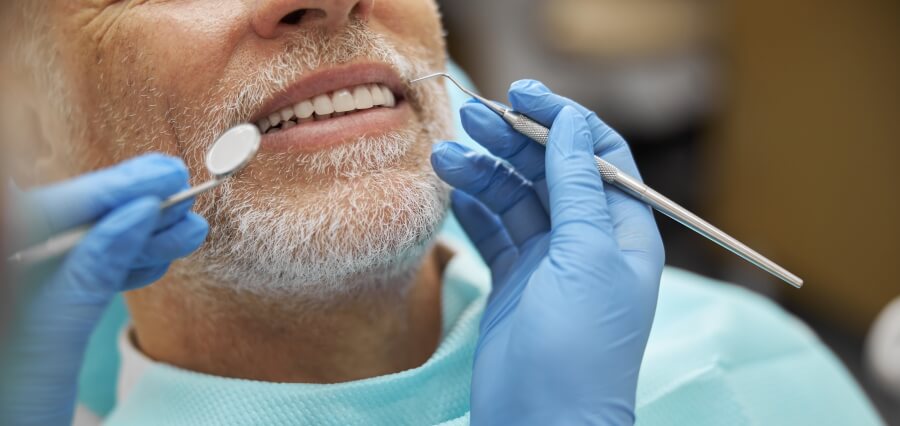Dental issues can have broader health implications, potentially affecting heart health.
For individuals aged 65 and above, dental issues like cavities and receding gums are not uncommon. Statistics from the Centers for Disease Control and Prevention reveal that around 20 percent of individuals in this age bracket have untreated tooth decay, while over two-thirds suffer from gum disease.
“Teeth tend to become more brittle as we age, increasing the likelihood of fractures and wear and tear,” explains Olivia Sheridan, a professor specializing in clinical preventive and restorative sciences at the University of Pennsylvania School of Dental Medicine. Additionally, age-related conditions like Type 2 diabetes may exacerbate dental issues.
Apart from causing discomfort, dental problems can have other adverse effects. According to Athanasios Zavras, chair of the department of public health and community service at the Tufts University School of Dental Medicine in Boston, loose or missing teeth can make chewing difficult, particularly with foods that have a hard texture, such as produce.
Dental problems have been linked to potential harm to the heart. A study published in the Journal of Periodontology in 2021 revealed that individuals with gum inflammation had a higher likelihood of arterial inflammation, which increases the risk of vascular disease. “Gum disease fosters gum pockets where anaerobic bacteria can flourish and migrate to susceptible areas in your body, such as your heart,” explains Zavras.
As we age, ensuring proper dental care becomes increasingly crucial. However, it can be challenging. Most dental services are not covered by traditional Medicare, although some Medicare Advantage plans may provide partial coverage. Here, experts provide insights into addressing three common dental issues, outlining both self-care measures and instances where professional dental assistance is necessary.
Read More: Click Here





